 |
|
||||||
 |
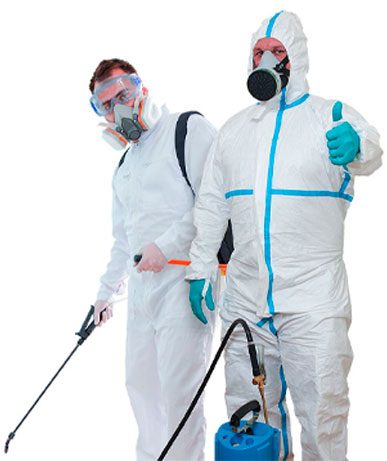 |
 |
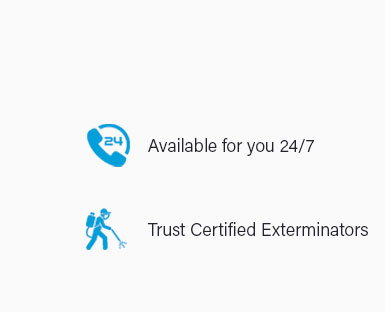 |
 |
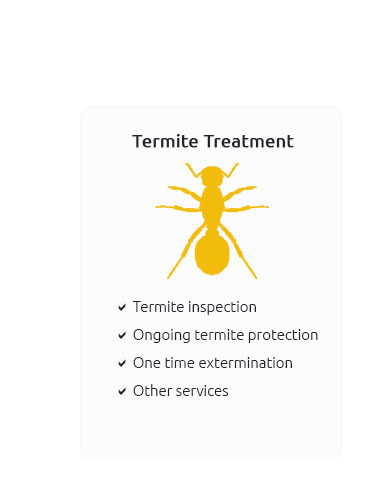 |
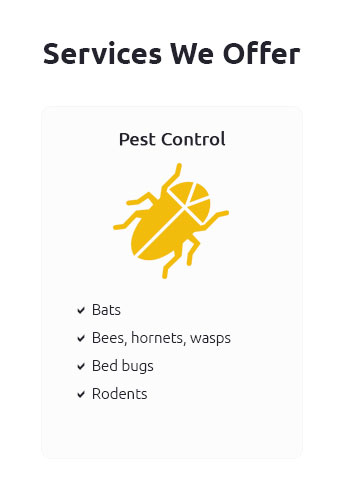 |
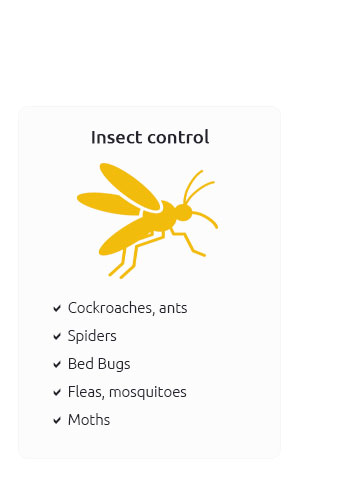 |
 |
 |
 |
 |
 |
|
Unleash your potential and step into the thriving world of pest control as you discover how to become an exterminator in NYC, where skyscrapers meet unparalleled opportunities, and every corner of the city demands your expertise; this isn't just a job, it's a dynamic career path where you master the art of safeguarding homes and businesses from unwanted invaders, wielding the latest technology and eco-friendly solutions, transforming challenges into triumphs and securing your place as a crucial defender in the vibrant heart of New York City.
https://dec.ny.gov/regulatory/permits-licenses/chemical-petroleum-lng-pesticide-permits/pesticide-applicator-technician-guidance/certification
Certified Private Pesticide Applicator - The applicant must be at least 17 years of age at the time of application; and - have at least one year of full-time ... https://nyc-business.nyc.gov/nycbusiness/description/pesticide-applicator-commercial-certification
People that apply pesticides for a business need a Pesticide Applicator (Commercial) Certification. This permit is issued by the New York State Department ... https://nycpestmanagementschool.com/
Take the Necessary Training: Attend a pest control course, like the pesticide applicator 30-hour course ny. - Pass the Licensing Exam: After training, a ...
|



